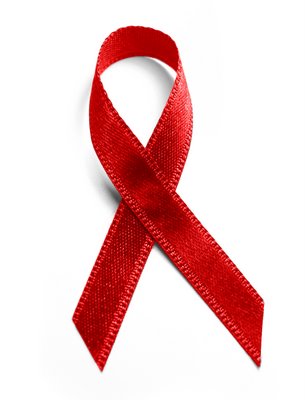Today in Science
 HIV/AIDS Today is World AIDS Day. World AIDS Day, AIDSinfo Risk of progression to AIDS increases without steady anti-retroviral drug treatment. CBC Experts look to implement new strategies to prevent HIV transmission. WP Bill Clinton is starting a foundation to provide AIDS drugs to children. BBC Science The EU plans to spend 54 billion Euros on science over the next several years. BBC, ScienceNOW Scientists need to be involved in science debates to keep them from being dominated by minority views. BBC A single asteroid killed the dinosaurs. Reuters, NG Drugs The White House does not want to release documents concerning the "Plan B" contraceptive. WP Cancer Blocking progesterone may keep breast cancer gene, BRCA1, at bay. WP, Reuters Health Bush Administration abstinence-only policy for combating underage pregnancy does not work, contraception does. BBC, Reuters Space Steven Hawking says humans need to get out of the solar system to survive. AP, Reuters, BBC NASA says shuttle redesign can wait until 2008. AP Climate Change/Global Warming/Alternative Energy Monsoons in India have worsened with climate change. Reuters, Nature LA auto show highlights green cars. CSM Technology Microsoft releases Vista OS for business. Reuters, BBC Stem Cells Stem cells may be used to fix back pain. BBC Weather Hurricane season ends without one hitting the US, thanks to el Nino. AP, Reuters, Nature, NG Terrorism Al-Qaeda is making noise about a cyber attack on businesses set for today. AP Categories: Science news, Science, News |



Comments on "Today in Science"
post a comment